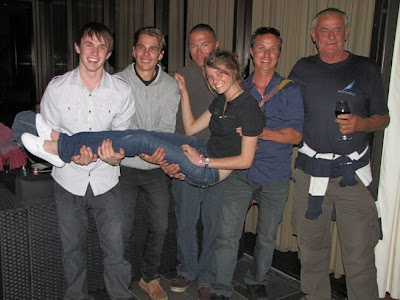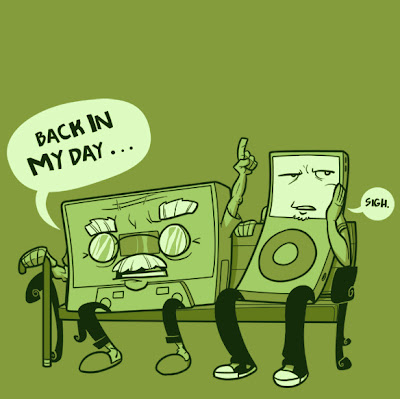
I'm sincerely sorry to see that the Gulf oil slick has grown considerably since the last I looked. I have a little to say about it, both as a Zen Buddhist and as a geologist.
I'll start with the latter first. Unlike many of my contemporaries, I didn't work in the oil industry during its late 20th Century heyday, having chosen instead to work in the field of environmental geology. So while I've overseen many water wells being drilled and know a little more about deep drilling than the average citizen, I'm no authority on oil-well drilling by any means. This much, however, I can say: the much-reported "top-kill" procedure should have worked and I'm at a loss to explain why it didn't. But I can also say with much conviction that the plan I've heard floated around among my co-workers will not work. Based on his 11-year-old son's statement that the Russians tried this once and it worked, one of my colleagues has convinced many others in my office that all we need to do is hit the well with a tactical nuclear bomb.

I trust that I don't need to explain the many shortcomings of this plan to the readers of WDW.
But what would the Buddha have thought about this? I'm sure that first of all, he would not have been surprised. A nation that has built both its economy and its lifestyle around oil could have expected that eventually that same oil would inevitably come lapping up on its shores. This isn't karmic retribution but just the inevitable outcome of our choices, just like firemen ultimately suffer burns, electricians get shocks, and shop teachers lose fingers. If you're going to handle millions (billions?) of gallons of oil off of the shore, don't expect that shore to remain pristine forever.
That may sound heartless, but it's actually just being realistic. However, the Buddha would not have been without sympathy. Upon encountering a sickly monk one day, the Buddha expressed his sincere wish that he would get better, and upon learning that the prognosis was for the monk not to get better any time soon, the Buddha hoped that the condition was not getting him down.
The Buddha dharma is often thought of as accepting things as they are, and although the Buddha certainly understood that sickness, old age and death were an inevitable part of the human condition, he still expressed his wish that the monk would get better. This is realistic - people do, of course, often recover from illnesses. It would not have been realistic to wish that he got better and then never got ill again, or aged, or died, and that's not the wish that the Buddha expressed. When it was revealed that the monk was not expected to recover, the Buddha expressed his sincere hope that the monk not add to his own suffering by wishing that it were not so. He went on to give the monk a profound teaching on the dharma.
So millions of gallons of oil have spilled from an uncontrolled well on the floor of the sea, and the oil is poisoning the eco-system, fouling the shoreline, and spreading beyond our control. It is not realistic to wish that it were not so, or that it would all just miraculously disappear. But it is realistic to sincerely hope that the well be stopped, that what can be cleaned up is cleaned up, and that the suffering of the affected fish, birds, and other sea life, including people, is limited as much as possible.
But to add to the suffering with anger and rage toward BP and toward the government just adds suffering on top of suffering, an unnecessary extra layer of pain that is not needed. It is normal and it is human to wish that someone were to recover from a disease and to grieve for someone who is not expected to recover, but it only adds to our grief and suffering when we also choose to hate the causes and wish they did not exist. It is only normal and human to hope that the flow of oil from the well could be stopped and to feel sorrow and pity for the suffering to wildlife caused by the flow, but it only adds to our grief and suffering when we choose to also feel anger over the causes.
Personally, I hope that some new technique is identified soon to shut off the well, and I feel sorrow for all of the people and animals made sick from the oil. But rather than hate BP for the short-sighted greed that apparently caused the leak, or the government for not performing miracles and making everything go away, I sincerely hope that our nation chooses to use this experience to re-evaluate its reliance on petroleum and its worship of short-term profit.
And I will not be surprised when we instead choose to accuse and blame and create scapegoats, and then continue in our former ways until we encounter the next inevitable outcome of our own behavior.































